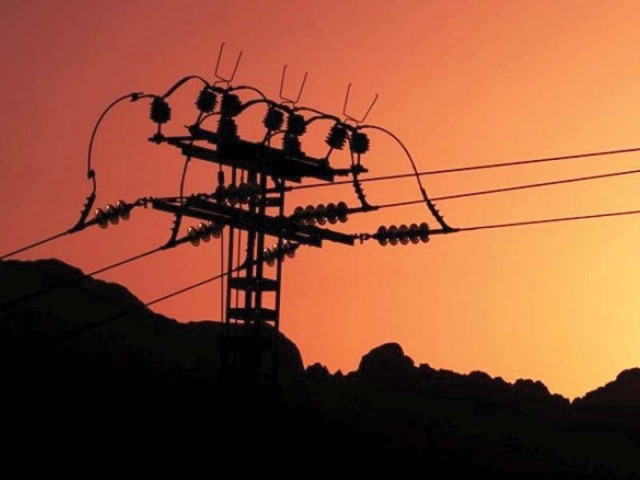LNG-based power plants: Government flouts least cost generation policy
ECC approves implementation plan that will require plants to run round the clock irrespective of the cost

The must-run policy would violate the merit order that was aimed at ensuring that low-cost power generation plants are run first. PHOTO: FILE
The implementation agreement has been prepared under compulsion of consistent LNG supply by Qatar. This will make it binding for the three public sector power plants to produce 3,600 megawatts of electricity round the clock, irrespective of being economically viable or not.
The downside risk is that the cost of generation will double once crude oil prices start increasing in the international markets.
Second LNG terminal: PLTL board approves signing services agreement
The Economic Coordination Committee (ECC) of the cabinet approved the implementation agreement on Tuesday for running the LNG-based power plants, two of them being set up by the federal government and the third by the Punjab government. These power plants will be located in Punjab at Bhikki, Balloki and Haveli Bahadur Shah.
The ECC approved the draft implementation agreement for imported LNG-based power projects in the public sector, said the Ministry of Finance.
The government has already amended the Private Power Infrastructure Board (PPIB) law to make it possible to administer these plants.
The ECC also approved amendments to power purchase agreements of three independent power producers (IPPs) to bind them to make payments for LNG supply within 10 days - down from the current period of 55 days.
The implementation agreement of the three LNG power plants will bind the federal government to pick all the risks associated with supply of the imported gas.
According to the approved arrangement, these plants will have to be operated on “must-run basis owing to the peculiarity of the mechanism of importing LNG”, according to a summary of the Ministry of Water and Power.
Shell says could exit 10 countries
The must-run policy would violate the merit order that was aimed at ensuring that low-cost power generation plants are run first, said Shahid Sattar, former member energy of the Planning Commission.
Pakistan recently approved a 15-year (2016-2031) government-to-government deal with Qatar that requires Islamabad to buy the entire volume of LNG or pay the full price, if it does not lift the whole quantity.
The implementation agreement is also in contrast to such agreements signed with the IPPs. In this arrangement, the government is the producer and buyer of electricity. It has picked all financial obligations associated with LNG supplies.
This was very unusual and eventually the government would pass on the buck to the electricity consumers, officials said.
According to the implementation agreement, in the absence of re-gasified LNG, these power plants will be run on high-speed diesel and the price differential on account of high cost of generation and payment for LNG supplies, which was not picked because of any reason, will be the responsibility of the federal government.
The ECC also authorised the PPIB to make and approve any project-specific amendments to the implementation agreement required during negotiations.
The PPIB board has also been authorised to make amendments, if required, to the agreements to comply with the National Electric Power Regulatory Authority’s tariff determinations.
The ECC approved amendments to the agreement between the Central Power Purchasing Agency and three IPPs - Rousch, Fauji Kabirwala and Davis Energen - to bind them to make payments to LNG suppliers within 10 days. The arrangement is also aimed at ensuring that Qatar Gas is paid within 10 days of the delivery of gas.
The ECC also gave the go-ahead to a summary recommending payment of salaries for February and March to the employees of Pakistan Steel Mills as the government has failed to privatise the ailing unit. It is currently in the process of laying off the employees.
The ECC waived taxes and duties on the scanning equipment donated by Saudi Arabia to the Anti-Narcotics Force.
It approved extension in the period for repayment of Rs7.4 billion debt, obtained by the Ministry of Finance, from 15 months to five years. The cost of debt will be recovered from the honest electricity consumers.
Published in The Express Tribune, June 29th, 2016.
Like Business on Facebook, follow @TribuneBiz on Twitter to stay informed and join in the conversation.



















COMMENTS
Comments are moderated and generally will be posted if they are on-topic and not abusive.
For more information, please see our Comments FAQ